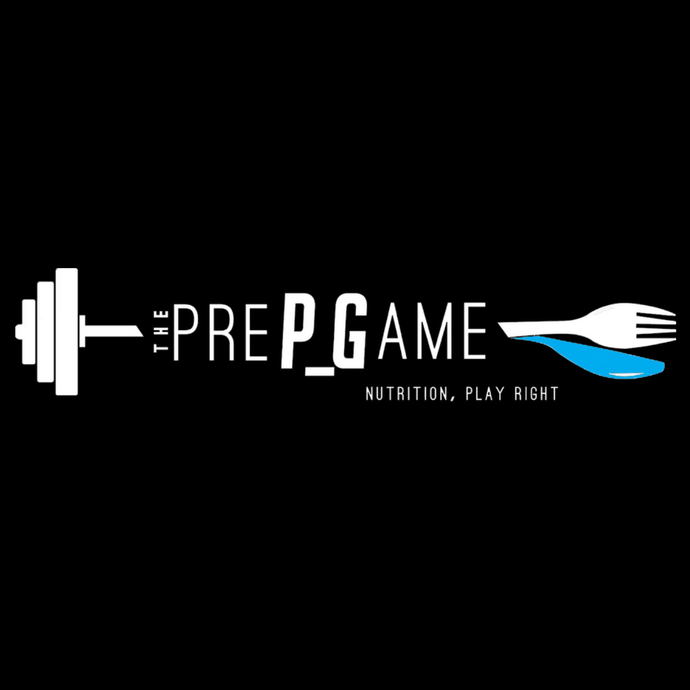Many people spend January trying to undo the fun of the festive season. The good news is that you don't have to detox or live on spinach smoothies to get back on track. There are plenty of delicious foods that taste great and will enhance your enjoyment of foods, but will also help you reach your new year health and nutrition goals.
Here are just a few to start adding to your trolley:
Strawberries
Sweet and luscious, nothing beats a bowl of freshly picked strawberries. The great news is that you can enjoy your berries in abundance, at not much more than 50calories for a whole punnet! Berries on your breakfast or yoghurt are the perfect sweet substitute for sugar or honey, with the added bonus of Vitamin C to help you absorb the iron from cereal. Delicious on their own as a snack to satisfy mid-afternoon or late-night sweet cravings.
White fish
Are you eating lots of salmon for omega-3's? Salmon contains the highest concentration of omega-3 fatty acids of all fish, but also contains more fat in total. Oily fish are good for you, but don't forget about white flesh varieties - they do contain less omega-3, but are also lower in calories, so are a terrific option if you are trying to lose weight. The protein content of fish makes it a terrific main meal option to keep you full and help prevent unnecessary snacking between meals. Make your fish interesting, by adding fresh flavours from herbs, vegetables, garlic and citrus.
Prawns
Prawns are often considered an indulgent food, but it's good to know they are protein rich and very low in energy (one king prawn = 15 calories). Fresh, BBQ or stir-fry options are great, but the creamy garlic and tartare sauces or battered and deep fried options will reduce the efficiency of prawns to help you lose weight. Other shellfish such as oysters and mussels are also great to eat regularly.
Herbs
If you are serious about improving your health, think about planting a herb garden in your backyard or on the windowsill. Fresh herbs contain negligible caloriees but pack a concentrated nutrient punch. Using a range of different herbs will provide a variety of health (and taste!) benefits, making meals more interesting. Don’t forget the chilli! Hot and spicy foods often take longer to eat, and all that water you drink to dampen the heat helps to fill you up and stop you from over-eating!
Green Tea
The list of benefits of green tea seems to be growing all the time. If you love green tea you are in luck, as many of the benefits for health seem to kick in with 4 or more cups per day. Green tea is a great substitute for other higher kilojoule beverages and a creative way to increase your fluid intake. Green tea contains an antioxidant called EGCG that may have a mild positive impact on fat burning. Recent research shows that green tea could have an impact on depressive symptoms and a number of health conditions too, so go for green for health and happiness. But remember that green tea contains caffeine, so take care if you are sensitive.
Nuts
We often hear about almonds being good for health and weight management, which they are, but other nuts are nutritious too! Research shows that a handful of nuts per day can bring benefits. If you really love nuts just watch your portions....more is not better as although nuts are nutritious they are also energy dense. Eat nuts regularly as a filling snack or add to stir-fries and salads.
Green leafy vegetables
Green leafy vegetables are your new best friend when you are trying to lose weight. You can basically eat as many as you want! Greens are great for your waistline but also your health, containing a range of vitamins and minerals such as folate, Vitamin A, B, E, K and spinach also provide calcium and non-haem iron. Cook up a storm with silverbeet, or try a spicy stir-fry with Asian vegetables such as bok choy, pak choi and gai larn. To compare the nutrient content of kale vs spinach vs rocket, click here for one of my most popular blog posts.
Lemon
Lemon can assist with weight loss in a number of ways. Lemon juice contains hardly any kilojoules, but can add delicious flavours to food and drinks. We know the importance of drinking enough water but many of us don’t like it plain from the tap. By adding fresh lemon and lime, it can change the way you think about water. Add sliced lemon and fresh herbs to plain soda or mineral water with ice for an evening drink or add lemon to boiled water as a morning beverage. Lemon juice also makes a great dressing for salads, and enhances the flavour of fish, seafood and chicken dishes.
Natural yoghurt
There are so many yoghurts on the market, a wall of ‘light’, ‘extra light’, ‘diet’, ‘no fat’, ‘low sugar’…where do you start? Avoid the confusion and stick with a plain natural or Greek-style yoghurt. Add your own flavourings, such as fresh or frozen fruit, fruit puree, chopped nuts/seeds or a couple of spoons of natural muesli. Natural yoghurts are rich in ‘good’ bacteria, important for optimal digestive health. Yoghurt contains high quality protein and has a low glycemic-index, making it a filling snack for between meals.
Oats
The great thing about oats, and the reason they help with weight loss, is that you only need a small serve to make a meal. Being high in fibre and low glycemic-index, oats can keep you going for hours. The perfect breakfast option for busy days when you need to be performing at your best. If you are not a porridge lover, go for bircher muesli or a home-style natural muesli (home-made with lots of nuts and seeds is even better!). To find out how oats compare to quinoa in the nutrition stakes, click here for my previous post.
If you enjoyed this article, you can subscribe to my free newsletter below, and follow me on Facebook and Twitter for regular nutrition updates.






























